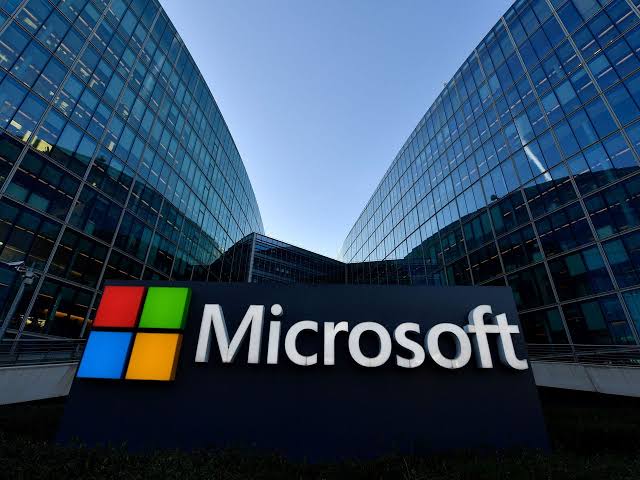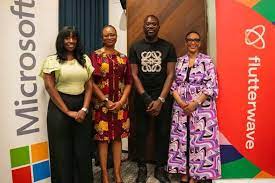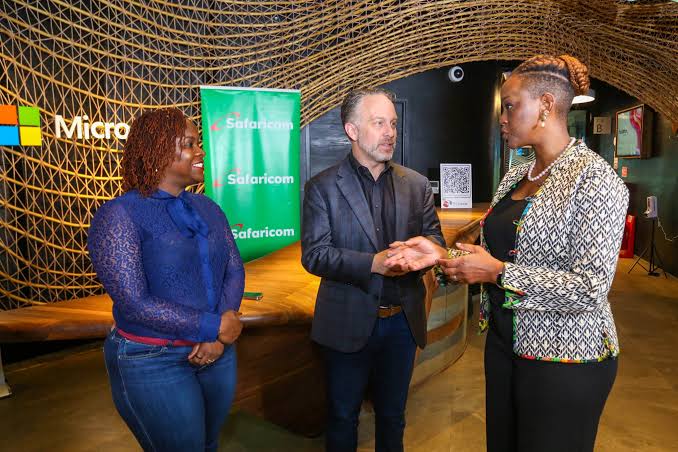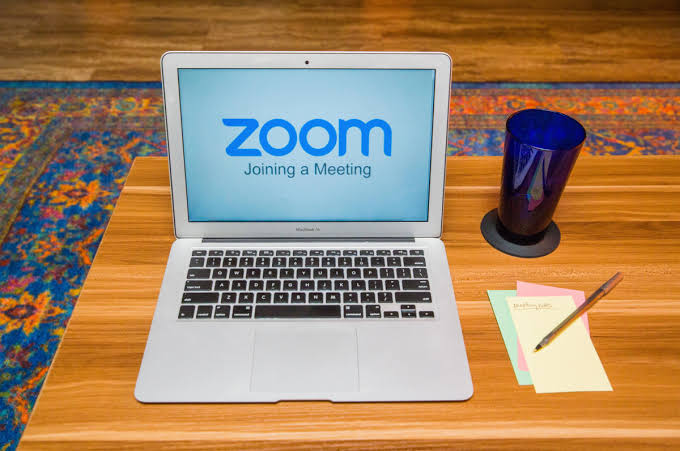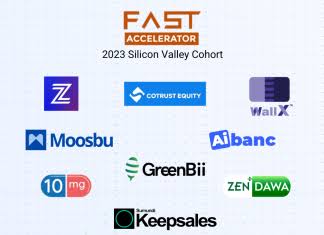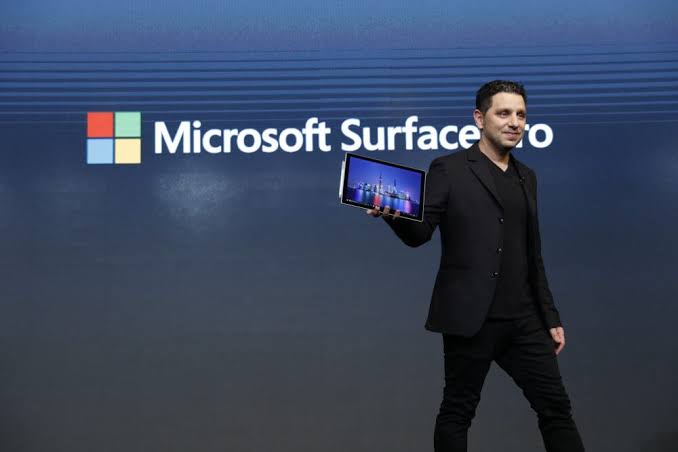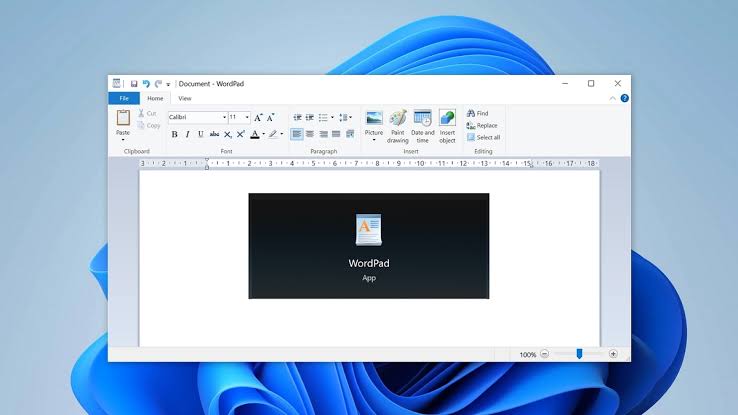Microsoft has announced a new multiyear, multibillion-dollar investment in OpenAI, a research organization dedicated to creating artificial general intelligence (AGI) that can benefit all of humanity.
This investment follows two previous investments in 2019 and 2021 and is estimated to be worth around $10 billion. This partnership will enable both Microsoft and OpenAI to accelerate their independent AI research, develop and deploy advanced AI technologies, and democratize AI as a new technology platform.
One of the main goals of this partnership is to develop and deploy specialized supercomputing systems that can support OpenAI’s groundbreaking AI research. Microsoft will increase its investments in Azure, its cloud computing service, to provide OpenAI with the best AI infrastructure and tools. Azure will also power all of OpenAI’s workloads across research, products, and API services.
OpenAI has used Azure’s supercomputing systems to train its breakthrough models, such as ChatGPT, DALL·E, and Codex. ChatGPT is an AI-powered chatbot that can generate natural and creative responses to human queries. DALL·E is an image generator that can create realistic images from text descriptions. Codex is a code generator that can write functional code from natural language instructions.
These models are examples of generative AI, a branch of AI that can create new content or data from existing data. Generative AI has many potential applications in various domains, such as entertainment, education, health care, and business.
Read also: OpenAI, Scale AI partners to advance AI technology
AI Integration and Democratization
Another goal of this partnership is to integrate OpenAI’s models into Microsoft’s consumer and enterprise products, and introduce new categories of digital experiences built on OpenAI’s technology. For example, Microsoft has already integrated ChatGPT into GitHub Copilot, a tool that helps developers write code faster and better. Microsoft has also integrated DALL·E into Microsoft Designer, a tool that helps users create professional-looking presentations.
Moreover, this partnership aims to democratize AI by empowering developers and organizations across industries to build and run their own AI applications using OpenAI’s models. Microsoft has launched the Azure OpenAI Service, which provides direct access to OpenAI’s models backed by Azure’s trusted, enterprise-grade capabilities and AI-optimized infrastructure and tools.
By democratizing AI, this partnership hopes to ensure that the benefits of advanced AI are broadly shared with the world and that AI is developed and used in a responsible and ethical manner.
Challenges and Opportunities
While this partnership has generated a lot of excitement and optimism in the AI community, it has also raised some challenges and concerns. One of the challenges is to ensure that the supercomputing systems used for AI research are energy-efficient and environmentally friendly. According to some estimates, training a large-scale AI model can consume as much electricity as a small city. Therefore, both Microsoft and OpenAI have committed to reducing their carbon footprint and investing in renewable energy sources.
Another challenge is to ensure that the AI models are safe, reliable, and aligned with human values. Some critics have warned that ChatGPT could be used for malicious purposes, such as spreading misinformation, impersonating others, or manipulating emotions. Therefore, both Microsoft and OpenAI have implemented various safeguards and guidelines to prevent misuse and abuse of their models.
A third challenge is to ensure that the data used for training and testing the AI models are privacy-preserving and compliant with regulations. Some users have expressed concerns about how their data are collected, stored, and processed by ChatGPT and other models. Therefore, both Microsoft and OpenAI have adopted strict data protection policies and practices to respect user consent and preferences.
Despite these challenges, this partnership also offers many opportunities for innovation and impact. By combining Microsoft’s expertise in cloud computing and software development with OpenAI’s vision for artificial general intelligence, this partnership has the potential to revolutionize various industries and shape the future of AI.
As Satya Nadella, Chairman and CEO of Microsoft, said: “We formed our partnership with OpenAI around a shared ambition to responsibly advance cutting-edge AI research and democratize AI as a new technology platform. In this next phase of our partnership, developers and organizations across industries will have access to the best AI infrastructure, models, and toolchain with Azure to build and run their applications.”
And as Sam Altman, CEO of OpenAI, said: “The past three years of our partnership have been great. Microsoft shares our values and we are excited to continue our independent research and work toward creating advanced AI that benefits everyone.”
